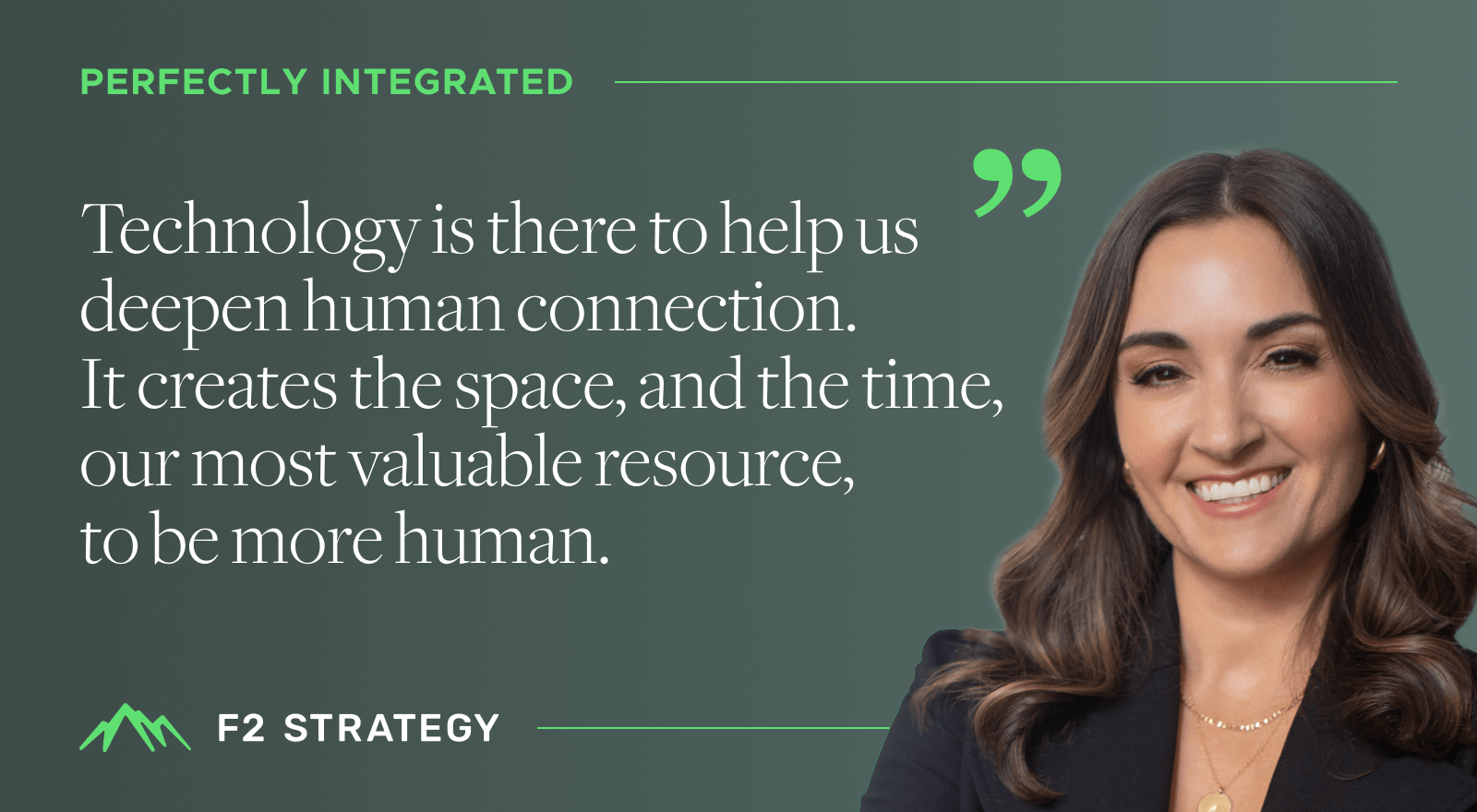In June 2020, F2 Strategy surveyed wealth managers, asset managers and RIAs about their plans for return to office. At that time, we found that 75% planned to offer at least some form of remote work opportunities to their employees permanently. Now, a year later, we thought we would ask that exact question again to see if their feelings had changed. It turns out little has changed, 71% still say they will allow some form of permanent work from home options. There has been a concrete shift in our industry.

Closing the Office Doors Opened Up the Talent Pool
It’s easy to see why many firms have made this decision—it’s a new way to compete for top talent and increase an inclusive workforce. Even employees or potential new hires that want to work in an office will be attracted to firms that offer flexibility. The few that say they won’t offer remote work will be at a disadvantage when trying to attract talented employees.
Firms with a remote work option will see the following key benefits to their organization models:
- With recruitment opportunities expanded across the country and not just across the street, firms can poach the best talent because people won’t be required to move for a job.
- Firms can focus on diversity and inclusion because they can draw from a much larger pool.
- Employees can create a work-life model that works for their unique needs.
- Firms can save on physical office space costs.
Technology’s Role in Cementing and Driving Firm Culture
A big question on the table: how do you drive a firm’s culture in a remote world? How do you onboard new team members and bring younger talent into the fold successfully? Firms must now look at building corporate culture in new ways to include a partial or full remote workforce.
Implementing technology solutions and best practices can help close the virtual gap and bring employees together in a collaborative setting while safeguarding critical data. Some firms are already doing this successfully. A few best practices we’ve seen them use to increase collaboration, engagement and cybersecurity within their hybrid work-life corporate culture are:
Engagement and Connection
- Establishing a comprehensive Intranet site where team members gain quick access to the tools and resources they need for their employment, daily job responsibilities and professional development.
- Utilizing collaboration tools with productive governance such as Slack or MS Teams so team members can connect quickly and with transparency to those who need it.
- Interacting through video conferencing has been a game changer for increasing engagement and connection amongst team members.
Training and Professional Development
- Create digital team member on-boarding processes.
- Leverage video conferences for knowledge sharing and educational seminars.
- Provide mentorship outside of the office...we see a correlation between strong mentorship programs and strong employee development.
Cybersecurity
Firms embracing technology to drive culture and their overall business has also heightened the importance of cybersecurity.Compliance and technology are merging closer together and we have seen trends of need for Information Security Officers (ISO) within firms. Three areas of information security ‘housecleaning’ that firms are focused on include:
- Robust employee training on importance of client and firm data.
- Outside penetration testing.
- Regimented internal planning and business continuity testing.
It is possible to reap the benefits of a full remote or hybrid workforce. Using the right technology and best practices will be essential to building and maintaining a firm culture that keeps team members engaged, connected and productive. We expect that the insights shared today are only the tip of the iceberg of what’s to come as more and more companies across the country adopt a new way of working and find exciting opportunities for their teams in the virtual world.
Do you have questions about the best tools to use as you implement new remote work policies? Get in touch and we’ll help you strategize and decide what’s right for your firm’s needs.



.png)


